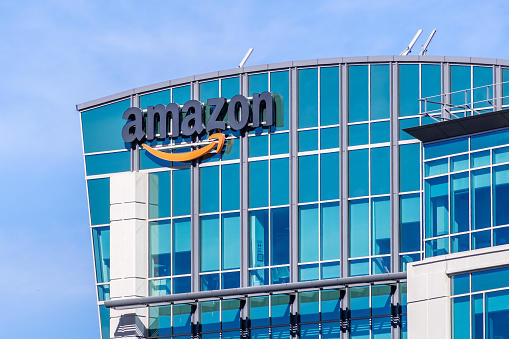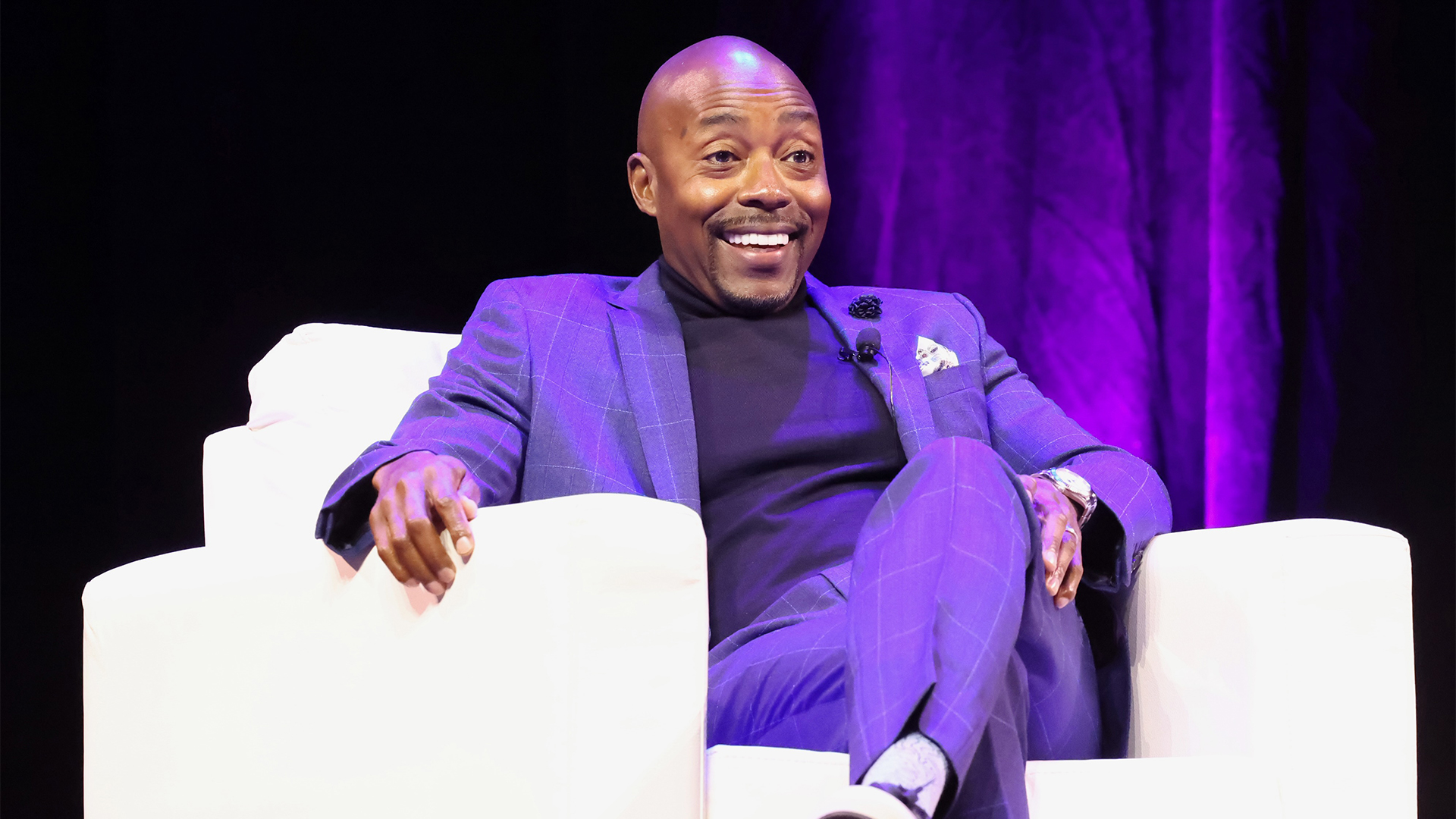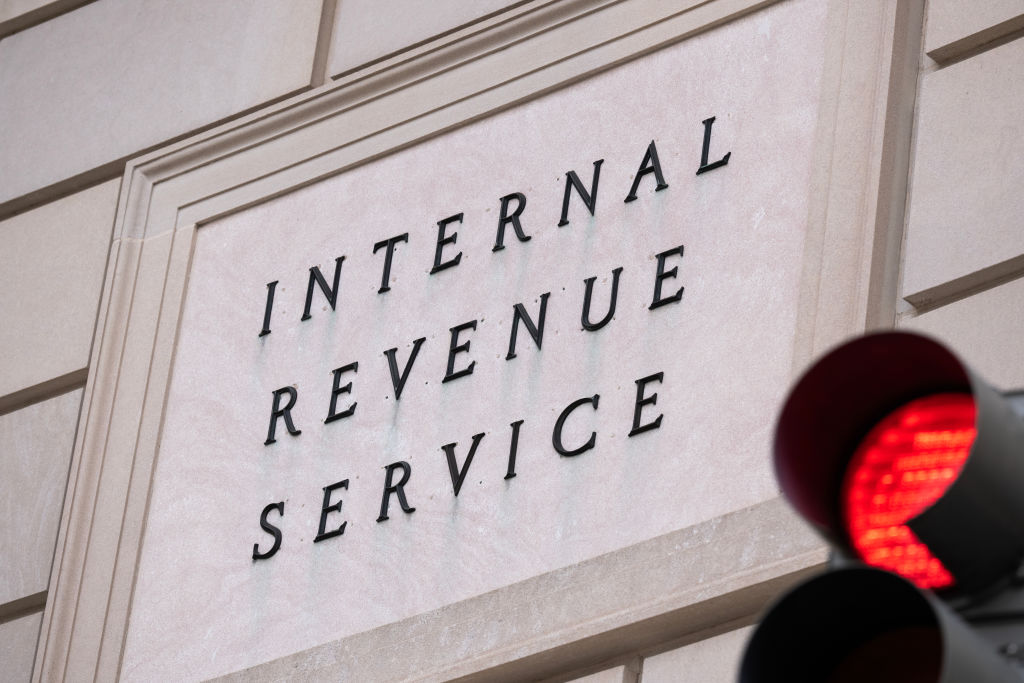In 2012, the Internet Corporation for Assigned Names and Numbers (ICANN) — the non-profit that manages and organizes domain names– expanded the number of top-level domains(think .com, .edu). Since then Amazon has wanted exclusive rights to the .amazon domain name.
Since the decision eight years ago, Amazon’s been engaged in a fight with Bolivia, Brazil, Colombia, Ecuador, Guyana, Peru, Suriname, and Venezuela — whom all work together as the Amazon Cooperation Treaty Organization (ACTO). Amazon basically only wants the countries to only be able to use the domain with a country code, according to Fast Company.
The countries are pushing back because the actual Amazon makes up an integral part of their geographic region. Last week, ICANN decided to give in to Amazon’s request pending a 30-day period of public comment. However, none of the South American countries involved in the fight seem like they’re about to back down. Jeff Bezos and Amazon actually offered to buy the domain name at one point, by giving the countries $5 million worth of Kindles and Amazon hosting services. The countries declined.
Reuters reported that Peru’s Martin Vizcarra, Colombia’s Ivan Duque, Ecuador’s Lenin Moreno, and Bolivia’s Evo Morales said the decision “sets a grave precedent by prioritizing private commercial interests above the consideration of state public policies, the rights on indigenous people and the preservation of the Amazon.”
ICANN’s decision comes after multiple failed attempts to find a sort of middle ground between Amazon and ACTO. Back in March, ICANN even gave the groups a deadline of April 7 to resolve the dispute.
TechSpot reported that ICANN said it “remained hopeful that additional time could lead to a mutually acceptable solution regarding those applications. However, ACTO and the Amazon corporation were unable to come to a mutually acceptable solution or agree on an extension of time for continued discussions.”
Ultimately, ICANN’s decision prioritized one private company over eight countries and an entire ecological region. This is another example of how the needs of big tech companies have become a priority at various levels of our society.
It’s unclear how the decision will play out over time, but it’s likely that Amazon still has a long fight ahead.
















